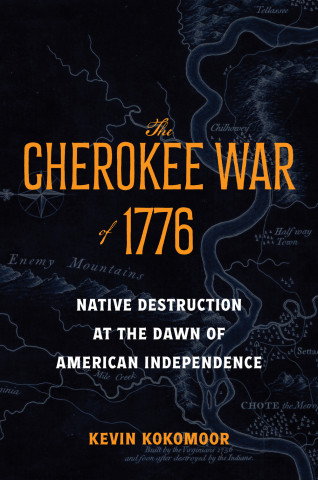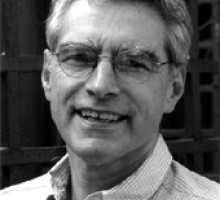
Reviews
Thomas Bender is our foremost cartographer of the intellect, the Mercator of the American mind.
A finely wrought picture of academic life before disciplinary professionalization..
In this excellent collection... Bender's essays suggest an ingenious account, both intellectual and spatial, of the growth of professional society.
The topic is a fascinating one, which is studied here with stimulating brevity and perception.
Bender's positive, generous, civil voice injects a soothing dose of optimism into current academic debates, and his invocation of 'public culture' delivers a needed antidote to the spurious concept that shares the same initial consonants.
[A] sparkling and insightful volume.
Book Details
Preface
Acknowledgments
Part I: Nineteenth-Century Origins of Academic Culture
Chapter 1. The Cultures of Intellectual Life: The City and the Professions
Chapter 2. Science and the Culture of American
Preface
Acknowledgments
Part I: Nineteenth-Century Origins of Academic Culture
Chapter 1. The Cultures of Intellectual Life: The City and the Professions
Chapter 2. Science and the Culture of American Communities
Chapter 3. The Erosion of Public Culture: Cities, Discourses, and Professional Disciplines
Part II: Twentieth-Century Patterns
Chapter 4. E.R.A. Seligman and the Vocation of Social Science
Chapter 5. The Emergence of the New York Intellectuals: Modernism, Cosmopolitanism, and Nationalism
Chapter 6. The Historian and Public Life: Charles A. Beard and the City
Chapter 7. Lionel Trilling and American Culture
Part III: Conclusions and Reconsiderations
Chapter 8. Academic Knowledge and Political Democracy in the Age of the University
Epilogue
Notes
Index






